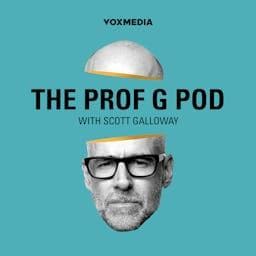A scrappy upstart taking on hyperscalers in a category with lots of hand-wavers, Dropbox became the canonical example of Silicon Valley viral growth, adding 50 million users in the first years following their 2008 launch and quickly dominating their category. However, as CEO Drew Houston explains, their path from viral sensation to enduring business was filled with daunting obstacles. As giants released competing products and tried to crush them, Dropbox embarked on a set of strategic acquisitions to expand its product line—but failed to find product-market fit with the new offerings. What do you do when your idea for your second act doesn’t work like you hoped? Drew describes the insights that led them to strategically re-focus on work use cases for their core product, and the other moves that would re-ignite growth and turn the company profitable. In a counterintuitive bet, the cloud innovator would end up migrating off of cloud infrastructure to its own servers in order to be more cost-efficient. This engineering feat, called Magic Pocket, became the stuff of Silicon Valley engineering lore. Drew and engineering leaders Akhil Gupta and James Cowling recount the story of how they pulled it off.
Host: Roelof Botha
Featuring: Drew Houston, Arash Ferdowsi, Sujay Jaswa, Akhil Gupta, James Cowling, Bryan Schreier




































